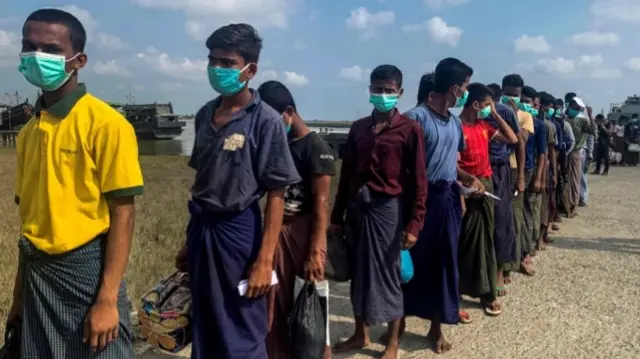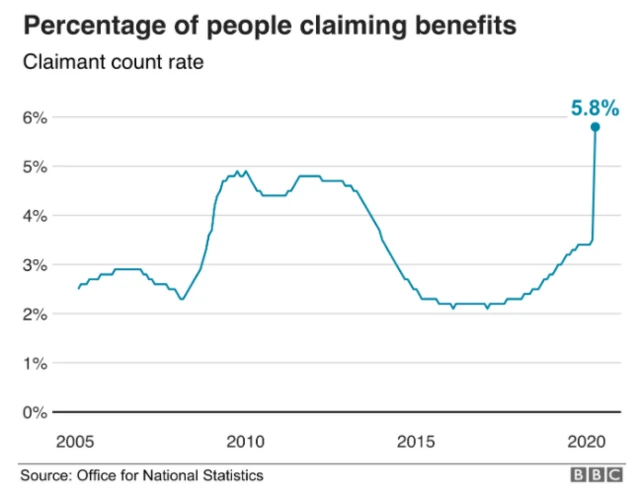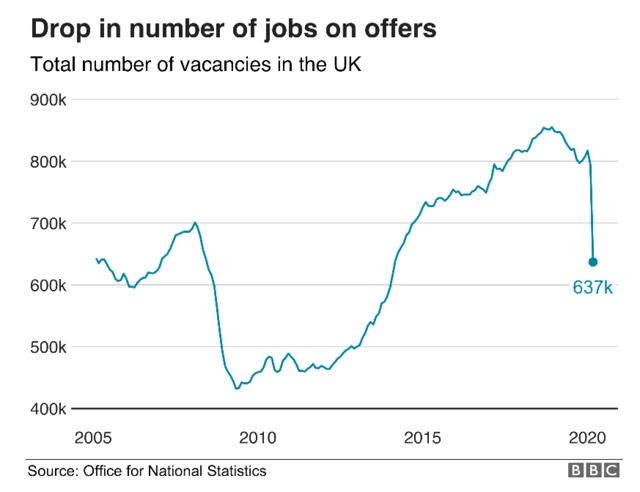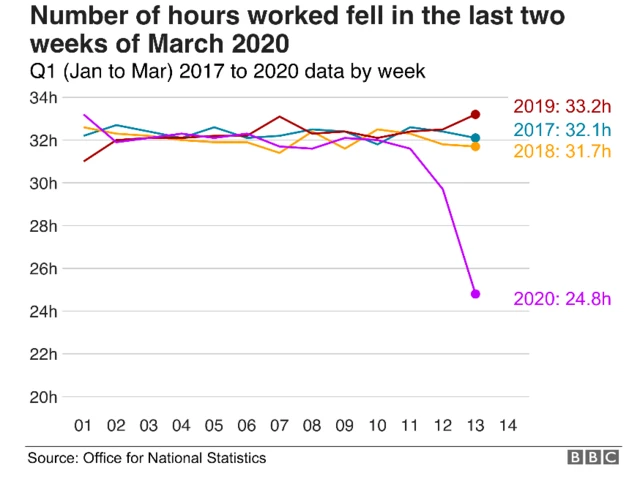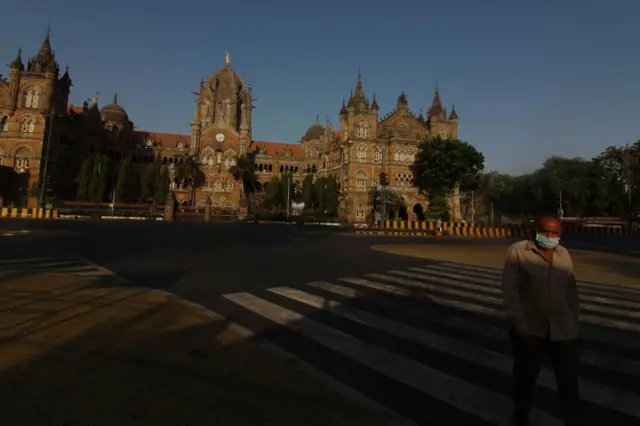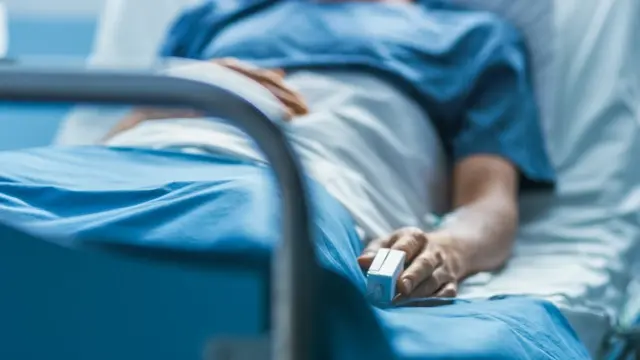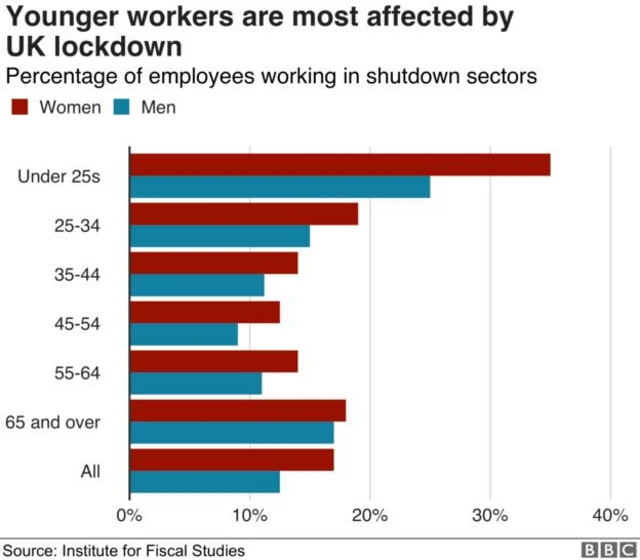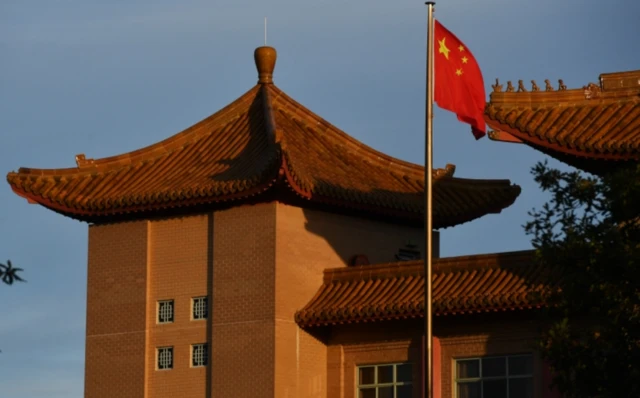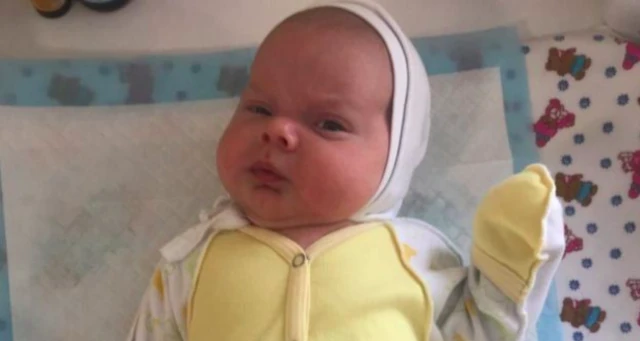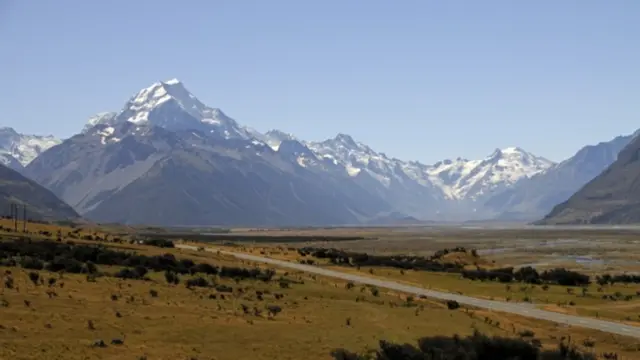Premier League clubs could face surprise inspectionspublished at 09:02 BST 19 May 2020
 Image source, Getty Images
Image source, Getty ImagesPremier League players have so far been training individually
England's Premier League football clubs have been given the green light to begin non-contact training in small groups from today but could face surprise inspections to ensure they adhere to new safety guidance.
GPS tracking and video analysis are also being considered, with the Premier League eventually aiming to have an inspector at every training ground.
"That will enable us to give confidence the protocols are being complied with," said Richard Garlick, the league's director of football.
"We are looking at bringing in our own independent audit inspection team that we'll scale up over the next few days which will give us the ability to have inspections at training grounds to start with on a no-notice basis."

